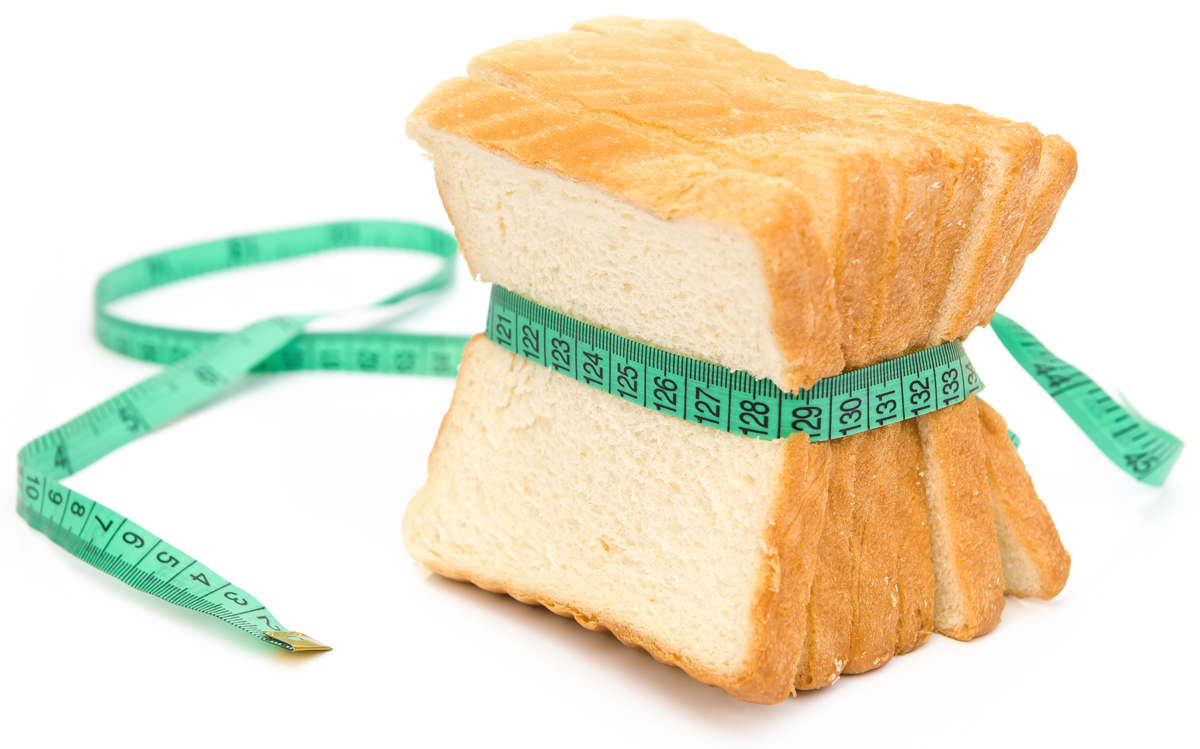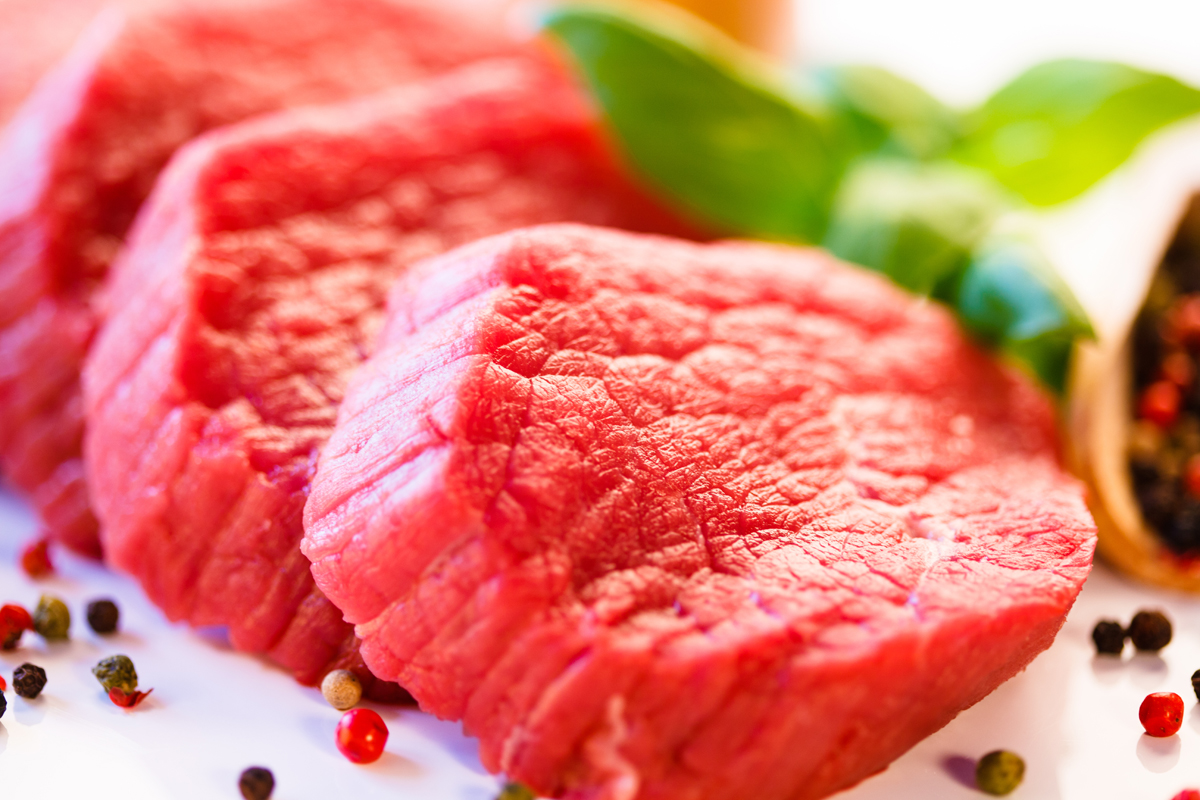Heed More Science: 10 Research-Based New Year’s Resolutions for 2014

Bacon photo via Shutterstock
1. Say buh-bye to bacon.
(Note: for wannabe dads) A Harvard study says that men who consume just one slice of bacon or sausage link each day have 30 percent fewer “normal sperm” than men who don’t. Abnormal sperm can cause fertility problems.

Coffee photo via Shutterstock
2. Knock back the entire pot.
Harvard School of Public Health researchers found that women who drank four or more cups of caffeinated coffee throughout the day had a lower risk of suicide compared with adults who drank little to no coffee.

Cars photo via Shutterstock
3. Drive less.
Researchers from MIT’s Laboratory for Aviation and the Environment determined that air pollution causes about 200,000 early deaths a year. The main culprit? Emissions from road vehicles.

Hot cocoa photo via Shutterstock
4. Drink chocolate regularly.
Harvard researchers found that elderly people who consumed hot cocoa twice a day had a 30% increase in memory. Flavonols, found in chocolate, were shown to boost the brain’s blood flow, and…well…huh. Must be time for another dose.

Pills photo via Shutterstock
5. Cut down on drugs.
According to a study by Brigham and Women’s Hospital, the national antibiotic-prescribing rate for adults with a sore throat is 60 percent, yet the only sore-throat problem that requires antibiotics is strep throat, and only 10 percent of those adults actually suffered from it. For acute bronchitis, the right antibiotic-prescribing rate should be zero percent—a far cry from the national prescribing rate (73 percent!).

Bread photo via Shutterstock
6. Embargo the carbos.
A Boston Children’s Hospital study found that you can, in fact, be addicted to carbs. Eating high-glycemic-index carbohydrates (highly processed foods) such as white bread and potatoes could trigger addictive tendencies in the brain, leading to overeating.

Sleep photo via Shutterstock
7. Sleep soundly.
If five to six hours of slumber is your norm, your work performance may be negatively affected, say Brigham and Women’s researchers, no matter how tired you perceive yourself to be. Study participants slept 5.6 hours per night and had more difficulty performing visual tasks. (5.6 hours of shuteye = impaired acumen)

Yoga photo via Shutterstock
8. Strike more poses.
A Boston University School of Medicine study says that just one yoga class a week can alleviate back pain. Meanwhile, Beth Israel Deaconess Medical Center found that people who practiced yoga for two hours a week for eight weeks in a class, in addition to 15 to 30 minutes every day at home, had better brain function than those who did no yoga at all.

Red meat photo via Shutterstock
9. Eat less red…
Harvard researchers discovered that eating less red meat reduces the risk of depressive symptoms. Red meat was shown to increase inflammation, which researchers say may cause depressive symptoms.

Red wine photo via Shutterstock
10. …but drink more of it.
That same study found that drinking more wine increases happiness and reduces the risk of depressive symptoms, thanks to decreased inflammation.


